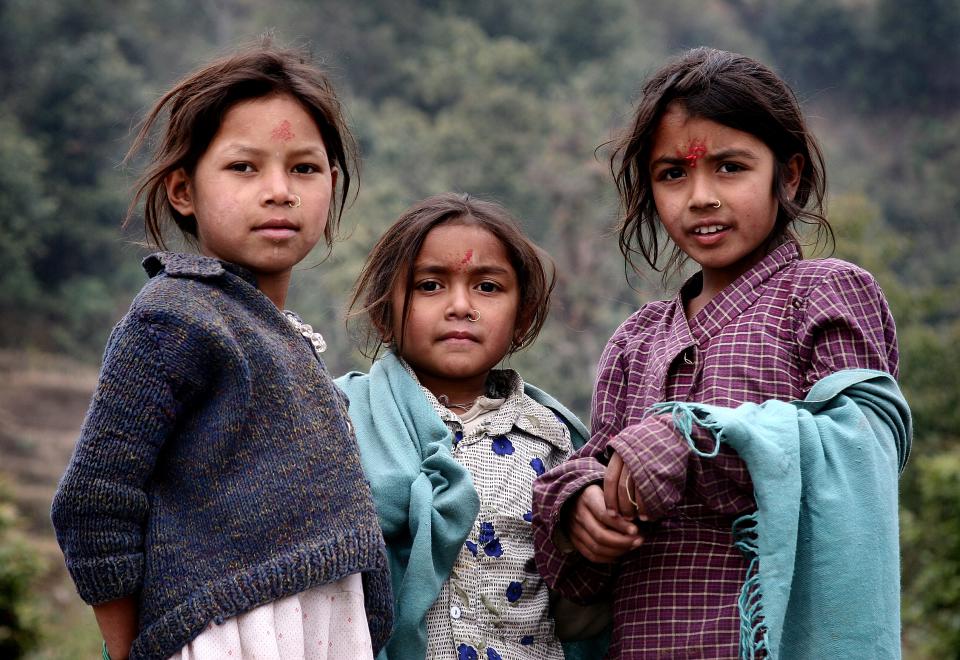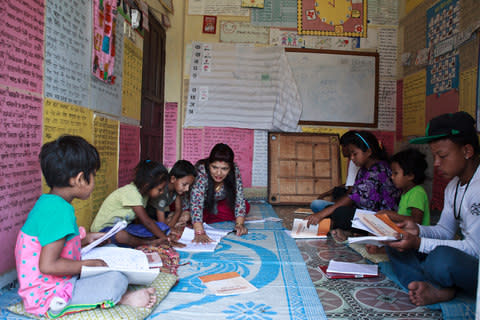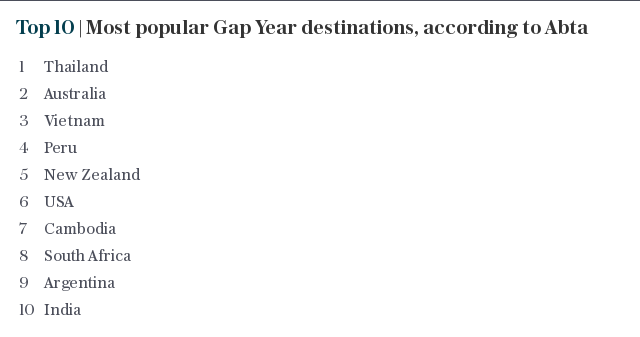How I discovered the 'voluntourism' con in Peru

The gap year has become a cultural staple. Before going off to university, many teenagers – supported by their parents – take the chance to embark on a trip of a lifetime, often travelling to continents they have never visited before.
The motives are familiar: an opportunity to “find themselves”, to experience something more meaningful than Facebook, A-Levels and house parties. “Voluntourism” is very often integral to the trip.
Voluntourism is a form of tourism in which travellers participate in voluntary work, typically for a charity: think building houses in Haiti; working in an orphanage in Thailand; or teaching English in India.
In theory, everyone benefits from voluntourism: charities receive assistance, and tourists get to feel like they are making a difference. For teenagers on gap years, voluntourism provides a sense of perspective and teaches them to think about how their actions affect others.
However, the risks of voluntourism and the damage that it can do very often outweigh any potential benefits.

Does volunteering help?
Before I began working in the third sector, I spent several weeks (and several thousand pounds) volunteering through an agency in Peru. At the time, it felt like I was doing a good thing. In hindsight, it was far from appropriate.
There were no criminal record or background checks, minimal training, and volunteers were left unsupervised with the children. Most parents would be horrified at the thought of an unqualified and unresearched stranger spending time alone with their child. Here in Britain, we have legal safeguards in place to prevent exactly that kind of thing happening. And yet voluntourism involves selling this kind of unregulated access to some of the most vulnerable children in the world.

In my time in Peru, I bonded with several children before having to abruptly disappear out of their already chaotic young lives. I also have no idea where my money went; there was little evidence that it went to the children I’d gone out there to help. It wasn’t the children that benefited from this experience, it was me – and the agency.
Therein lies the root of the problem: voluntourism involves the commodification of volunteering.
Voluntourism benefits the tourist, not the locals
Many agencies running voluntourism programmes are more akin to tourist agencies than development organisations; they work to meet the demands of the volunteer, rather than the charity. This leads to the counter-intuitive need to sustain the existence of places that require help: you don’t want to arrive in a stricken village, and find that is it no longer stricken.
If the trip costs thousands of pounds, chances are that not much of this will ever go further than the agency’s pockets
Voluntourism teaches a distorted view of locals, and it’s rightly derided for disrupting local economies, offending cultures, and simply doing more harm than good.
It’s even been shown to tear families apart to “stock” orphanages for Westerners to work in, if they’re feeling low on altruistic glow, an issue that JK Rowling’s charity Lumos is trying to address.
The charity I work for, Kidasha, which supports vulnerable, chronically poor children in Nepal, believes that sustained, holistic support from trained professionals on the ground will always be more effective than asking foreigners to swoop in and work with the children for a few days before moving on.

Yet, as awareness of the risks of voluntourism has increased, so has its popularity. It is a global business, and a typical part of the gap year experience, as students and parents are won over by the prospect of an enjoyable, neatly packaged and seemingly philanthropic trip. But learning about yourself should never come at the cost of someone else’s education or livelihood.
What should I ask before I book a voluntouring trip?
None of this is to say that volunteering abroad can never make a positive difference; there are instances when it provides an essential additional resource. But before booking that trip, we have a responsibility to ensure we will actually be helping, rather than just massaging our own egos.

Take your time to do thorough research and ask the challenging questions: what impact will the trip have? Are volunteers qualified to provide this help? How will volunteers interact with the community – and do locals want them there? Doing humanitarian work is not an alibi for doing harm.
Finally, it’s important to consider how much money is being spent to volunteer. Gap years are often bankrolled at least in part by generous and supportive parents – but this money could actually be a force for destruction. If the trip costs thousands of pounds, chances are that not much of this will ever go further than the agency’s pockets.
It is worth considering whether this money would make more of a difference if it was given directly to a charity. It could pay for support by trained, knowledgeable individuals who can help to make a lasting change.
And, for the gap year student, there are still plenty of worthwhile volunteering opportunities out there, just maybe a bit closer to home.
Janice Miller is CEO of Kidasha

